
GOOD VIDEO:
Hear a clear explanation of the difference between Alzheimer’s and dementia. Watch this video from Emory University Alzheimer’s Disease Research Center to see why these are very different terms.
Related Article: 10 TYPE OF DEMENTIA


GOOD VIDEO:
Hear a clear explanation of the difference between Alzheimer’s and dementia. Watch this video from Emory University Alzheimer’s Disease Research Center to see why these are very different terms.
Related Article: 10 TYPE OF DEMENTIA


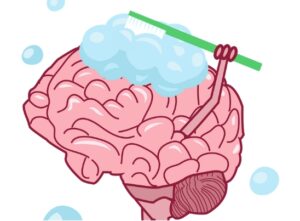
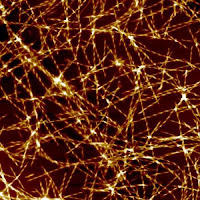

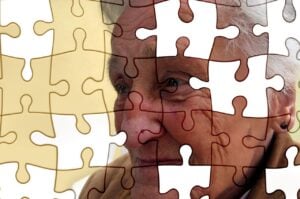
This site was inspired by my Mom’s autoimmune dementia.
It is a place where we separate out the wheat from the chafe, the important articles & videos from each week’s river of news. Google gets a new post on Alzheimer’s or dementia every 7 minutes. That can overwhelm anyone looking for help. This site filters out, focuses on and offers only the best information. it has helped hundreds of thousands of people since it debuted in 2007. Thanks to our many subscribers for your supportive feedback.
The site is dedicated to all those preserving the dignity of the community of people living with dementia.
Peter Berger, Editor
Share this page To
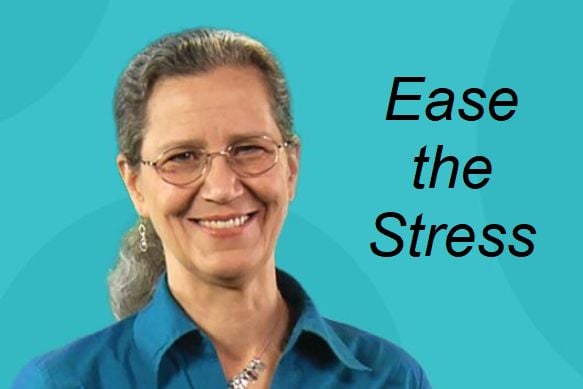
TEEPA SNOW explains how to handle caregiver stress that is brought on by challenging behaviors in dementias such as Alzheimer’s.

NEW STUDY: Beetroot is known for improving blood flow—but that may matter more for dementia than many people realize. See the evidence and and what caregivers should realistically take from it.
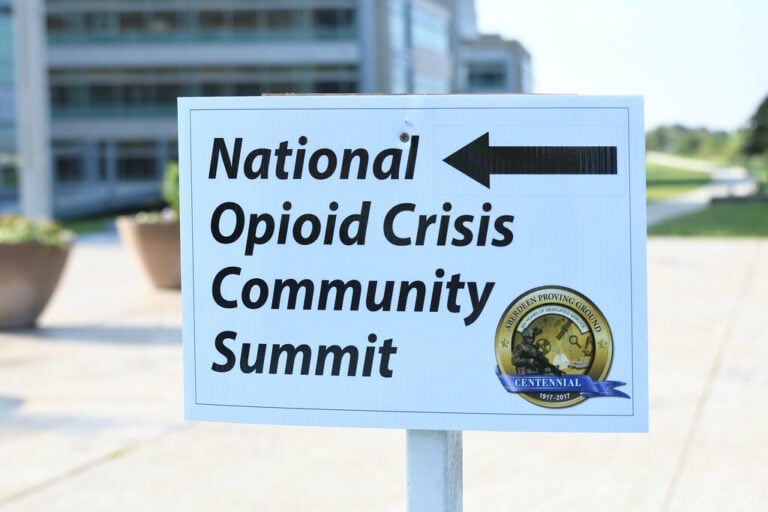
Does pain relief risk cognitive cost? A major new study of almost 200,000 people says yes—and the price may be higher than we thought.

How Personalized Alzheimer’s Weekly Newsletters Boost Business for Dementia Professionals.
Visit Alzheimer's Weekly On
Alzheimer’s & Dementia Weekly was inspired by my mother’s journey with autoimmune dementia and my dad’s with Parkinson’s dementia.
Walking beside them opened my eyes to the confusion, the courage, and the deep humanity found in families and professionals caring for someone they love.
Since its debut in 2007, this site has had one clear mission:
to separate the wheat from the chaff — to highlight only the most essential articles, studies, tools, and videos from the overwhelming river of dementia-related information.
(At last count, Google receives a new post on Alzheimer’s or dementia every seven minutes.) For anyone seeking clarity or support, that constant flow can be exhausting and discouraging.
Alzheimer’s Weekly filters, translates, and explains what matters most, helping hundreds of thousands of families, clinicians, and care teams around the world make sense of the latest research and best practices.
This site is dedicated to everyone who works—often quietly and tirelessly—to preserve dignity in the community of people living with dementia.
With experience in dementia caregiving, public education, and Alzheimer’s-focused writing—and a professional research background shaped in what many consider one of the world’s top laboratories—I work to make complex findings clear, practical, and genuinely helpful for both families and professionals providing care.
My goal is simple:
Translate the best science into guidance that lightens the load, strengthens understanding, and helps every person with dementia live with dignity.
Peter Berger
Editor, Alzheimer’s Weekly
What makes the symptoms of Alzheimer's different from other forms of dementia?
Check out:
10 Types of Dementia
What do you think about studies of brain supplements like this http://cerebralsuccess.com/pages/smartx-by-cerebral-success-study-results? Do these studies sufficiently show brain enhancements to back claims?
A 'study' that involved just 10 subjects for just 3 days?
The bigger question is whether you think this represents a valid study?
Real scientists would readily dismiss it as being too small and too short.
Sadly science has NOT YET discovered a cure for any of the underlying brain changes related to dementia.
This is most likely related to the fact that science had NOT YET even discovered the CAUSES of any of the underlying physiologic changes related to dementia.
The standard answer to anyone who claims to have discovered a cure (or even just the cause!) of dementia is "Well I will just wait until you have been awarded the Nobel prize for your discovery" because there does await an automatic Nobel prize to the first person who can figure this out. Until then all the ads and 'discoveries' are just blowing hot air.
All those results could have simply been from the caffeine in this supplement. No way to really tell, so not very scientific.
Awesome explanation
So interesting and clear. Thank you.